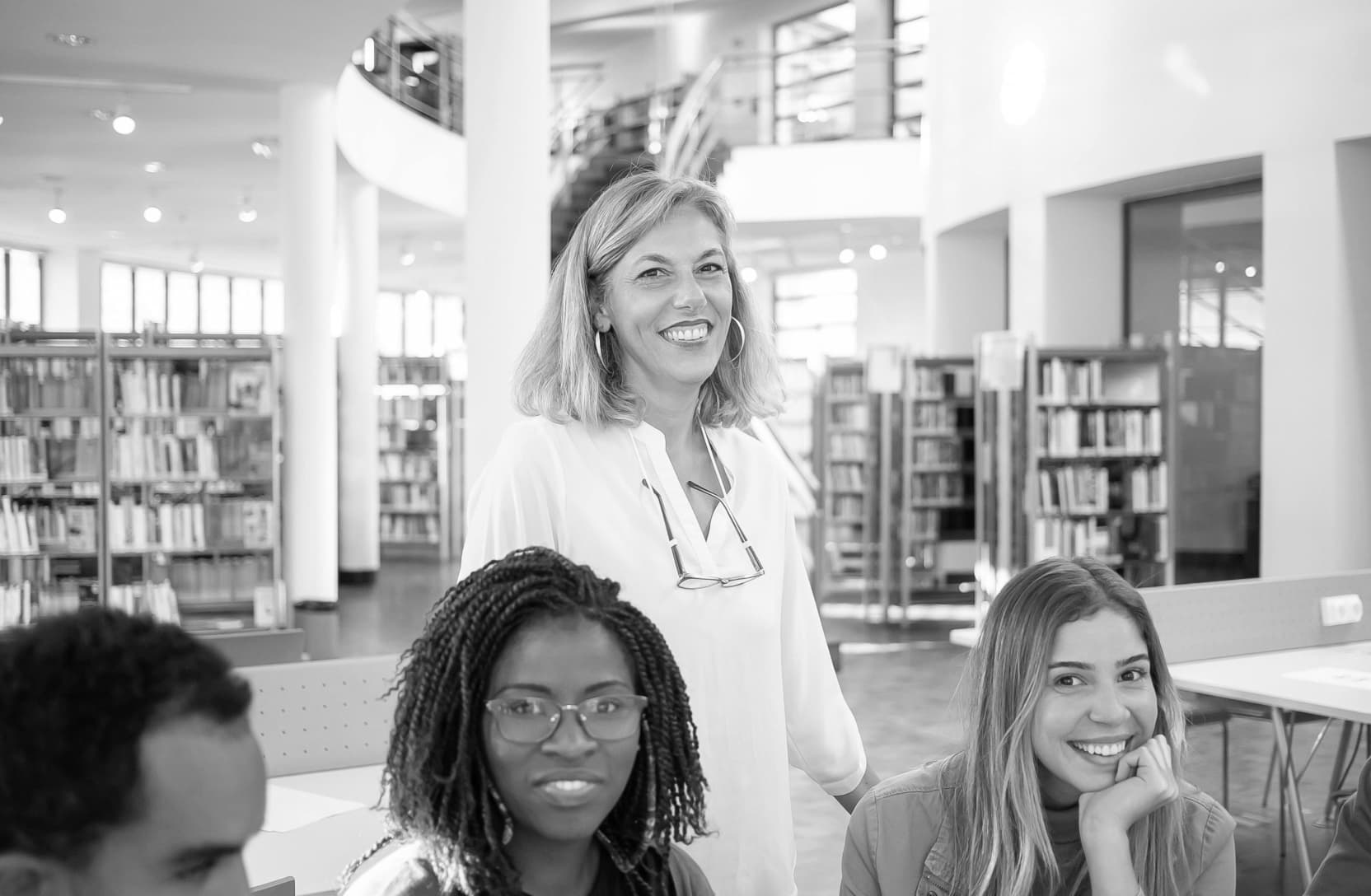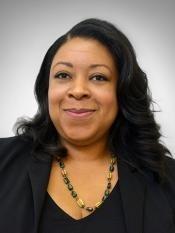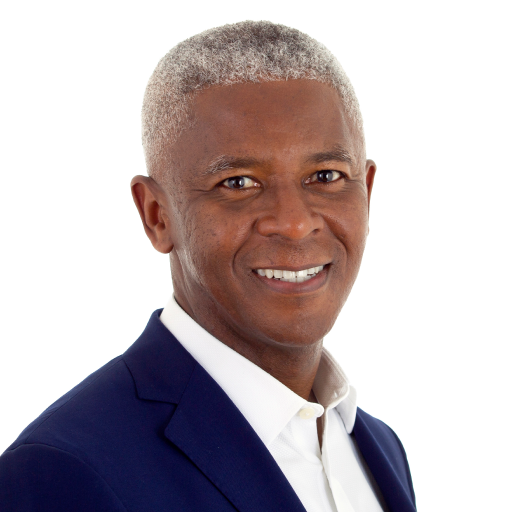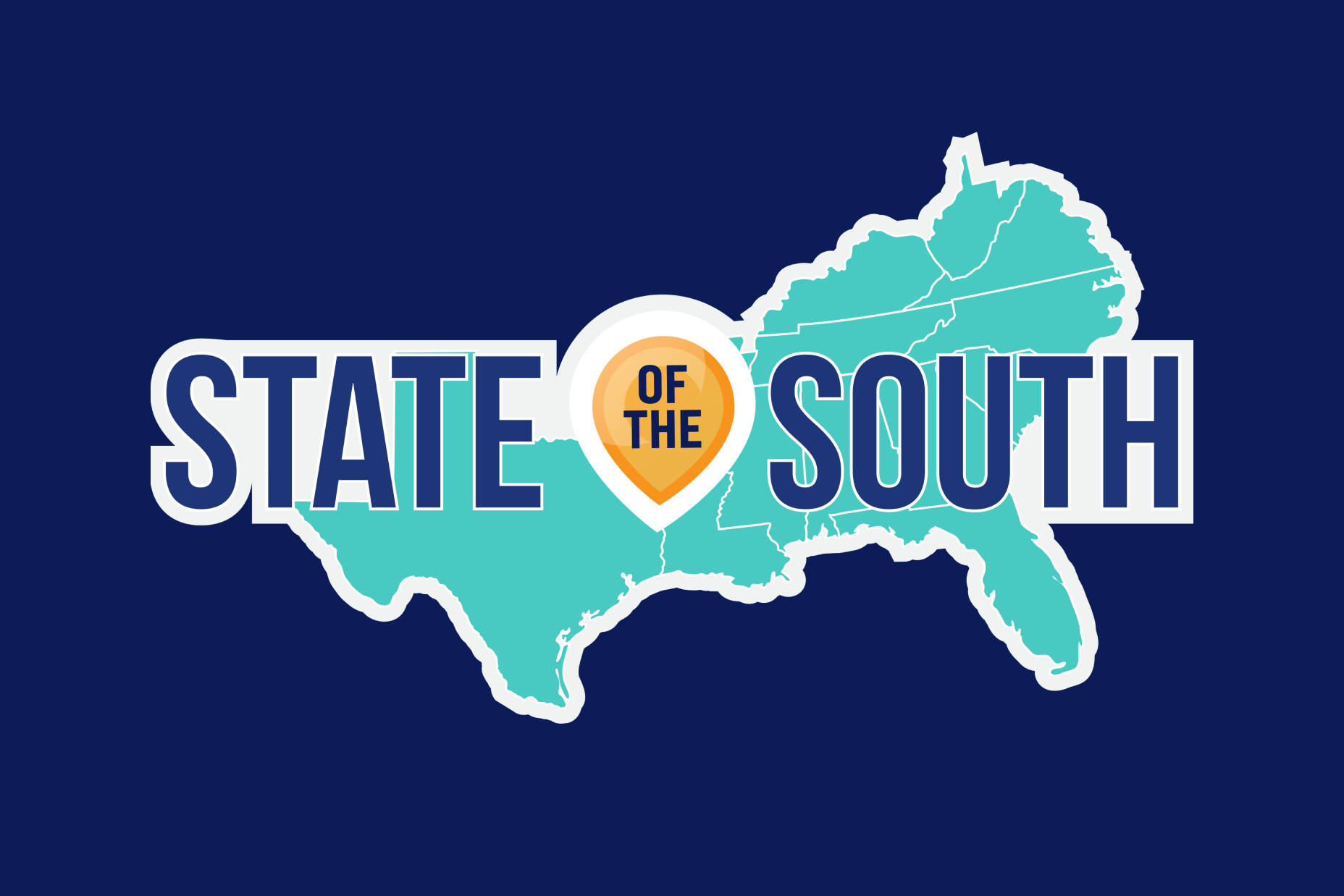Dodson at State of the South launch: “The South is simultaneously moving forward and falling back”
Apr 11, 2018

A standing-room-only crowd of more than 110 concerned citizens and political and policy leaders attended the launch of the 2018 State of the South report on April 10 in MDC’s Learning Center at its downtown Durham headquarters.
MDC President David Dodson reviewed the report’s data, analysis, and recommendations through the lenses of belonging, thriving, and contributing.
Citing the words of James Baldwin—“Not everything that is faced can be changed, but nothing can be changed until it is faced”—he looked at what the South faced and changed 50 years ago, what drove that change, and what the region needs to face and change today.
Joining Dodson to reflect on the report in a panel discussion were an economist and community development specialist from the Federal Reserve Bank of Richmond, two young Durham activists, and Duke historian Robert Korstad, who co-wrote the history of the North Carolina Fund, from which MDC was created.
“Today the South is simultaneously moving forward and falling back, drawing together and drifting apart,” Dodson said. “How can we once again summon the courage to face and change the barriers to equity and opportunity as we did 50 years ago?”
The answers included:
- For “Belonging,” a new narrative asserting that broad inclusion is in the South’s enlightened self-interest.
- For “Thriving,” a 21st century infrastructure of opportunity along with human development policies that address structural vulnerabilities in health, education, and welfare.
- For “Contributing,” mechanisms to enable marginalized voices to shape our common future, a new social contract for investing in future generations, and removal of barriers to participation in the democratic process.
“Fifty years ago,” Dodson said, “the South—through internal and external pressure and courageous leadership willing to face our limitations and possibilities—summoned the will to move away from a self-limiting past and extend social benefits and opportunities to people and places once excluded. The results of those choices have transformed an also-ran region and delivered the benefits many of us enjoy today. Now, demographic, economic, and social crosscurrents sweeping the South call for the same courage. Friends and neighbors, how will we respond?”
The panelists looked backward and forward at belonging, thriving, and contributing through the perspective of their fields.
Duke history and public policy Professor Robert Korstad pointed out that these trends have always been cyclic.
“The fight for social, political, and economic equity has not been static, even though a lot of the statistics look like we haven’t come anywhere,” he said. “That doesn’t mean that over the past 50 years we haven’t made great progress in some areas, it just means that we’ve retreated on those fronts.”
Jeanne Bonds, Senior Manager for Regional Community Development with the Federal Reserve Bank of Richmond, pointed out that “investment at the local level creates ingenuity and innovativeness, and we should continue that.”
Raymond Owens, Senior Economist and Policy Advisor at the Richmond Fed, said innovation is the key to economic growth because that growth comes more from technology than just hard work.
“Hard work will raise the level of economic output in the short run, but little to improve economic growth in the long run,” Owens said.
Ivanna Gonzales, project coordinator with the advocacy group Blueprint NC, and Samone Oates-Bullock, activist and fellow at the A.J. Fletcher Foundation, said there need to be changes in attitudes as well as systems—and young people from across the economic and demographic spectrum need to be involved in the process.
“Youth are very aware of their circumstances and are able to advocate for their cause and organize,” Oates-Bullock said. “They want to have the ability to speak their truth and be involved in the decision-making process.”
Gonzales said: “Belonging happens—or not—in the nooks and crannies of democracy, from the big stuff like how district lines are drawn to the little stuff, the minutiae of how local government policy functions.”
Removing barriers built into systems is critical but creating jobs that pay family-sustaining wages is the ultimate goal.
“Having human capital is great,” Owens said, “but some need to be translated into wealth that can be distributed.”





